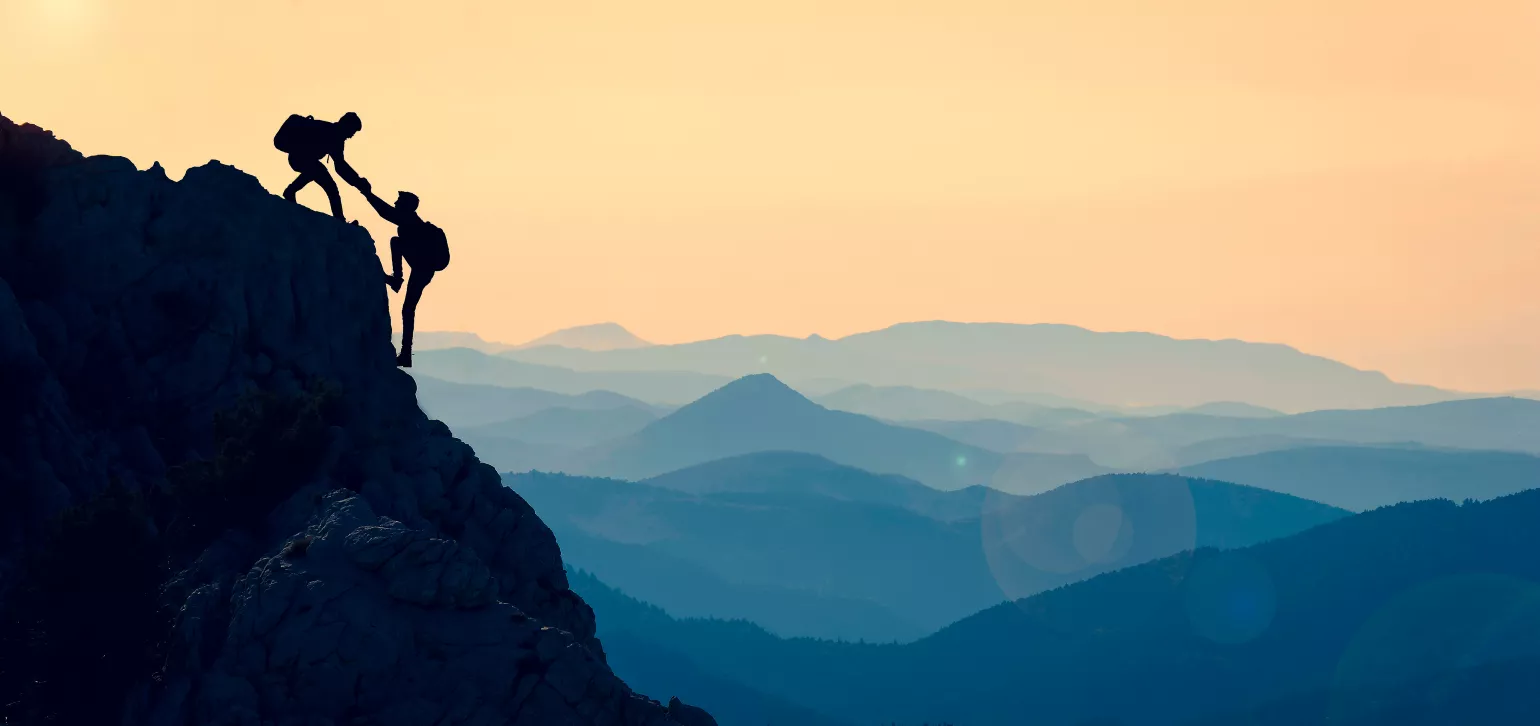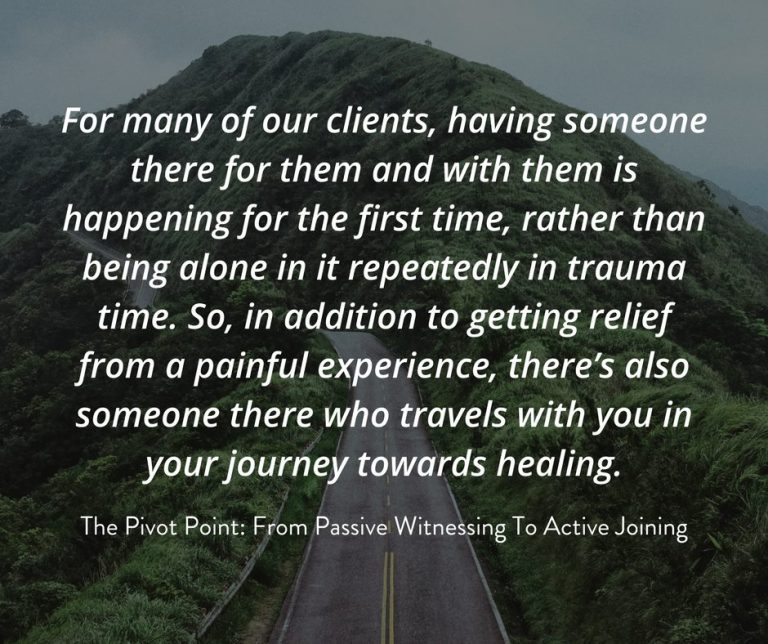
The EMDR Therapist’s Role
You’re Not Alone
The EMDR Therapist’s Role in the Healing Journey
How is EMDR therapy different from any other type of psychotherapy? It is unique in giving the brain the opportunity to access an experience as it was encoded at the time, bringing it into conscious awareness. We call that dual awareness—knowing that the memories are in the past while being aware that you’re in the present. That dual awareness allows for something else to happen—something that could not happen back then. The brain can reprocess the experience. And it’s happening in real time, not trauma time.
The Healing Power of Dual Awareness
That reprocessing is happening in real time, not trauma time. Here’s an example:
I’m not in that car accident, I’m actually looking back on it. I can feel the fear because it’s coursing through my body but at the same time I know I’m not in danger. I know I’m safe, I know I’m in my therapist’s office, I know I can tolerate the fear.
That’s EMDR’s de-arousal effect. And as you down-regulate, the brain starts to access all the information it didn’t have available at the time. All the therapist needs to do is act as a kind, attentive and attuned witness. Often, nothing more is necessary.
Moments of Meeting
I’m not disagreeing with the EMDR fundamentalists. There’s brain magic that happens with very little assistance on our parts. But often, there’s more. When you can have a shared moment in therapy—in the literature it’s referred to as moments of meeting—it changes the experience just by having it be shared. These shared moments inform both the client’s and the therapist’s implicit relational knowing as well as their being. As therapists, we, ourselves can be incredibly touched by the client’s experience, so why not consider it an invitation to share it? For many of our clients, having someone there for them and with them is happening for the first time, rather than being alone in it repeatedly in trauma time. So, in addition to getting relief from a painful experience, there’s also someone there who travels with you in your journey towards healing.
My Story
By way of personal example, my brother died in a car accident when he was 20 and I was 26. My brother was the middle child; my youngest sister was 18. He was driving too fast and he lost control of his car. As the oldest, I completely mobilized around taking care of my distraught parents. I took care of everything. I identified the body in the ER, I made all the funeral arrangements, I took care of my parents, because they were both hospitalized. My sister was away at college, so she had to come home. I did all of that, but what I didn’t do was process my own loss. I was too busy taking care of what was needed at the time, and I know I would do it the same way again if I had to.
